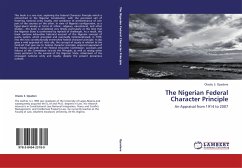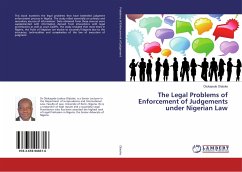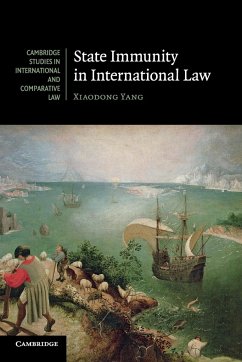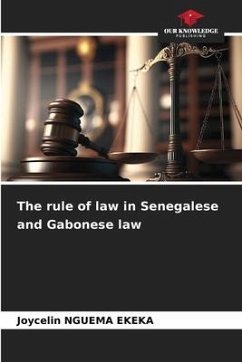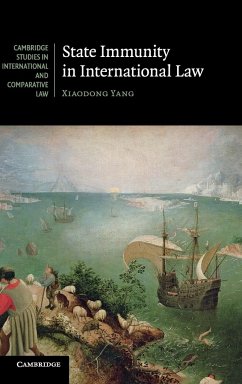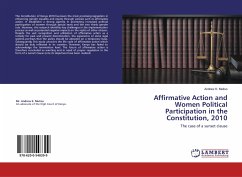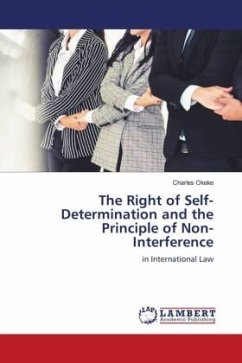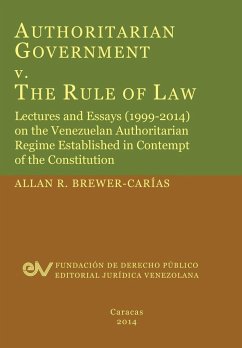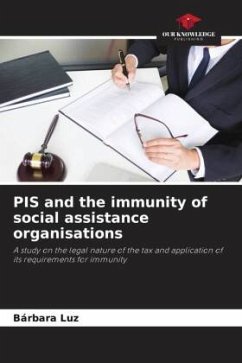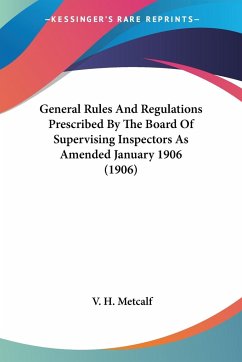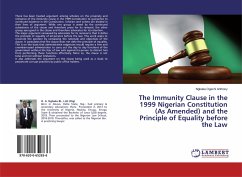
The Immunity Clause in the 1999 Nigerian Constitution (As Amended) and the Principle of Equality before the Law
Versandkostenfrei!
Versandfertig in 6-10 Tagen
27,99 €
inkl. MwSt.

PAYBACK Punkte
14 °P sammeln!
There has been heated argument among scholars on the propriety and relevance of the immunity clause in the 1999 Constitution to guarantee its continued existence in the Constitution. Scholars and writers are divided in their lines of argument. While one group is vexed by the continued subsistence of the clause and therefore press for its removal; the other group sees good in the clause and therefore advocates for its retention.The major argument canvassed by advocates for its removal is that it defies the principle of equality of all persons before the law. This work seeks to reconcile the pos...
There has been heated argument among scholars on the propriety and relevance of the immunity clause in the 1999 Constitution to guarantee its continued existence in the Constitution. Scholars and writers are divided in their lines of argument. While one group is vexed by the continued subsistence of the clause and therefore press for its removal; the other group sees good in the clause and therefore advocates for its retention.The major argument canvassed by advocates for its removal is that it defies the principle of equality of all persons before the law. This work seeks to reconcile the position by canvassing the rationale and objectives of the clause. It postulates that the clause does not defy the principle of equality. This is on the basis that administrative exigencies would require a free and unembarrassed administrator to carry out the day to day functions of the government without the fear of law suits against his person to distract him from performing those functions effectively. More so, the clause is not total and not without limitations.It also addresses the argument on the clause being used as a cloak to perpetrate corrupt practices by public office holders.



